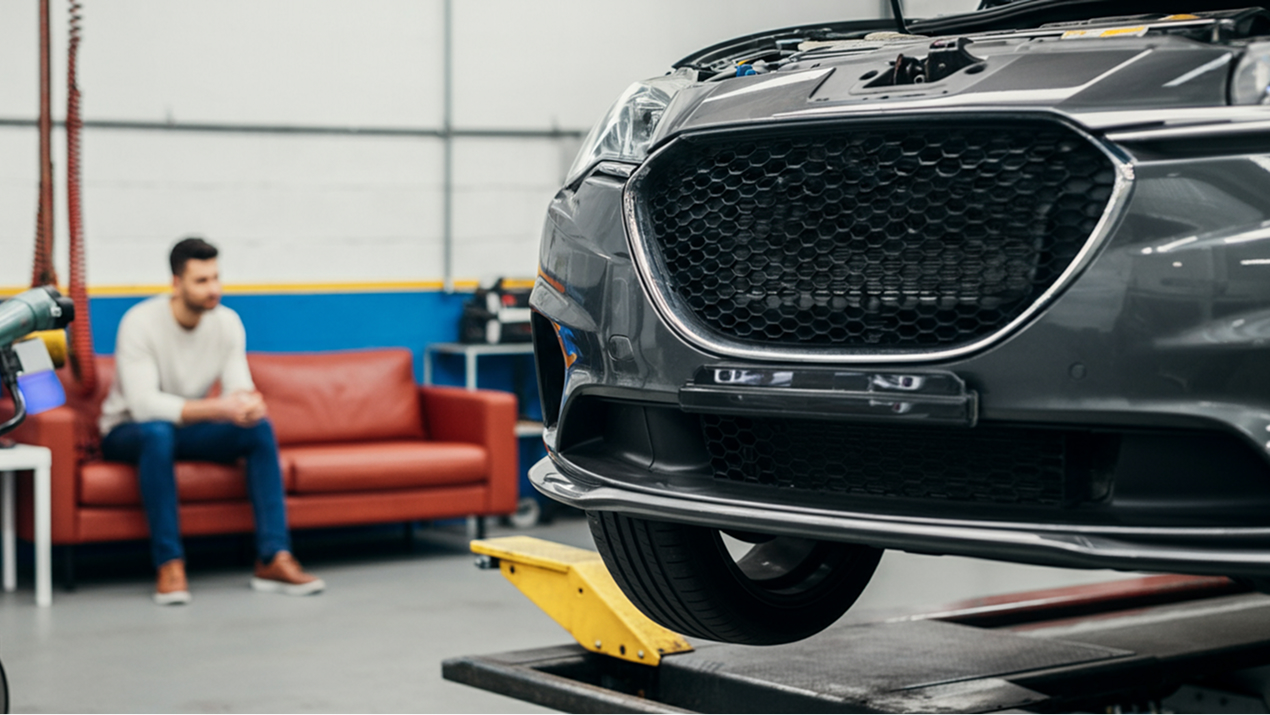Your car is more than just a mode of transport — it’s a daily companion that takes you wherever you need to go. To ensure it remains reliable and performs at its best, regular maintenance is key. Here are five essential car maintenance tips to keep your vehicle running smoothly and avoid costly repairs down the road.
1.
Change Your Engine Oil Regularly
Engine oil is the lifeblood of your vehicle. It keeps the engine parts lubricated, reduces friction, and prevents overheating. Check your oil level every month and change it according to your manufacturer’s recommendations—usually every 5,000 to 10,000 km, depending on driving conditions and oil type.
✅ Pro Tip: Always use the recommended oil grade for your vehicle to ensure optimal engine performance.
2.
Keep an Eye on Tire Pressure and Tread Depth
Under-inflated tires can reduce fuel efficiency and affect your car’s handling. On the flip side, worn-out treads can lead to poor grip, especially in wet conditions. Check your tire pressure at least once a month and before long drives, and rotate your tires every 10,000 km to ensure even wear.
✅ Pro Tip: Invest in a digital tire pressure gauge—it’s a small tool that can make a big difference in your car’s safety and efficiency.
3.
Inspect and Replace Your Air Filter
A clean air filter ensures your engine breathes properly. Over time, filters get clogged with dust and debris, affecting fuel efficiency and engine power. It’s a simple yet often overlooked part of car maintenance.
✅ Pro Tip: Check your air filter every 15,000 to 20,000 km or more frequently if you drive in dusty conditions.
4.
Monitor Your Brake System
Brakes are one of the most crucial safety systems in your vehicle. If you hear squealing noises, feel vibrations, or notice reduced responsiveness, it may be time to check your brake pads or fluid. Don’t ignore these signs—your safety depends on it.
✅ Pro Tip: Have your brake pads checked every 20,000 km, and replace brake fluid as recommended by your vehicle’s manual.
5.
Don’t Ignore Warning Lights
Modern cars come equipped with dashboard warning lights for a reason. Whether it’s the check engine light, oil pressure light, or battery alert, these signals indicate that something needs attention. Promptly addressing them can prevent small issues from turning into major repairs.
✅ Pro Tip: If you’re unsure what a light means, consult your owner’s manual or have a mechanic run a diagnostic test.
Final Thoughts
Routine car maintenance doesn’t have to be complicated. With these five simple practices, you can extend your vehicle’s lifespan, improve performance, and enjoy peace of mind every time you hit the road.

